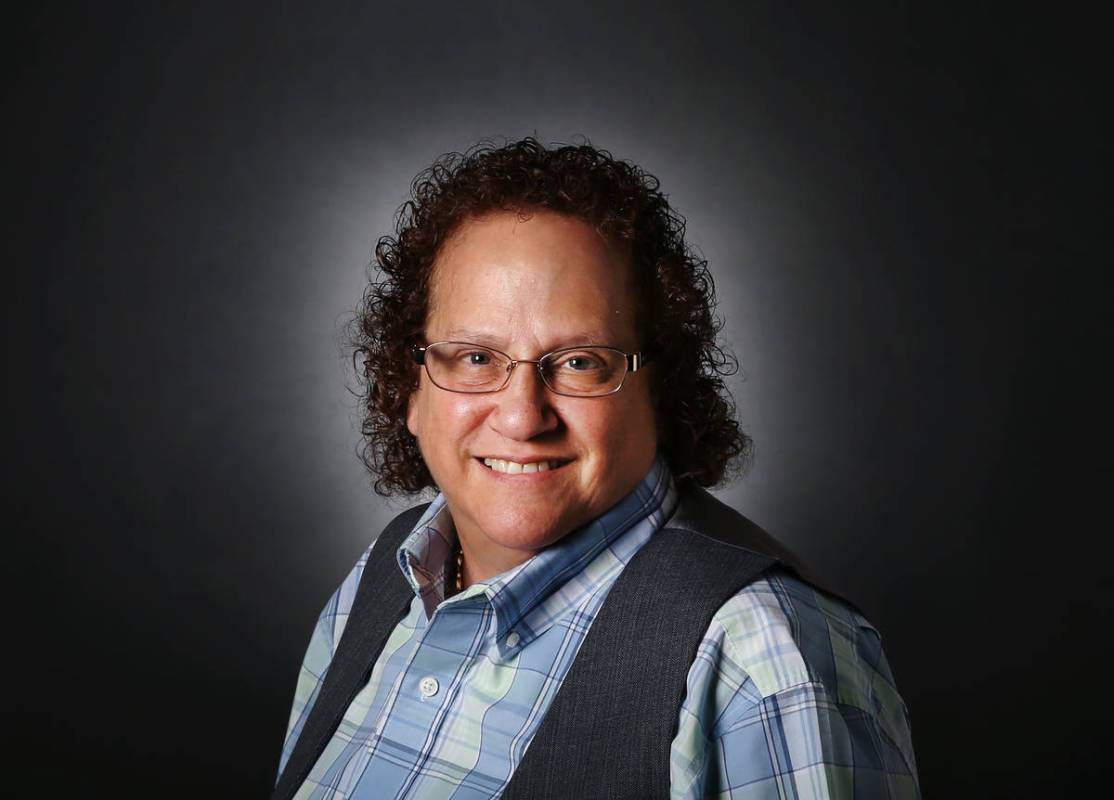Attorney says SB4 does not offer HOAs complete immunity from liability

I continue to receive emails each week concerning homeowners association boards that have not yet opened their amenities, specifically their swimming pools.
My column has noted the various restrictions and requirements that have been set by our governor’s directives by the Local Empowerment Advisory Panel and by the Southern Nevada Health District. The opening up of the swimming pools is not an inexpensive proposition for boards.
One of my recent articles, written by attorney John Leach and his associates, informed readers of the passage of Senate Bill 4, the limited liability law pertaining to COVID-19. Since this article was published, there are homeowners who have asked their boards to open their pools under the impression that their associations would be completely covered under the law if a lawsuit was filed against their associations alleging that one of their residents has contracted COVID-19.
I have asked attorney Matthew Grode from Gibbs Giden law office to address this issue of “protection” and what it really means to associations and to the board of directors who are making these decisions. Here are his comments:
“Unquestionably, the passage of Senate Bill 4 serves to provide some level of protection the Nevada’s common-interest communities. It does not, however, offer complete immunity from liability. The new law essentially states that a nonprofit entity, such as a homeowners association, may be shielded if it has developed policies and procedures that comport with current governmental and health standards. For example, associations must create a reopening policy/plan and then enforce it, including all social separation, maximum occupancy, signage and cleaning guidelines.
Where a claim of personal injury or death is made that is based upon exposure to COVID-19 within an association’s common elements, a court will review the then-current health standards and the association’s conduct, and then determine whether the immunity of SB4 shall apply. Since most insurers are likely to deny coverage for such a claim, associations would be required to pay their own defense costs out of pocket. You would need to contact your insurance company to determine their position as to defending your association, knowing that SB4 could act as a limited shield in any lawsuit.
Please note that on its face, the new statute provides immunity to “entities” and “ organizations” not individuals. Based upon this language, the immunity offered by SB4 does not apply to board members. This being said, if a director has acted in good faith, and in the best interests of the association, I believe a strong argument for extending the immunity to the directors could be made. Both the law and governing documents require associations to defend and indemnify directors who were acting within their scope of responsibilities. On the other hand, where directors do not act in good faith, on an informed basis and/or in the best interests of the association, they may face personal liability without the safety net offered to other directors by the law or their governing documents.
Boards have inquired whether specific amenities (e.g., the pool, clubhouse, playgrounds, gym and basketball courts) may be reopened in light of the passage of SB4. As described above, the answer to this question is based upon the association’s willingness to establish a reopening plan which comports with current (and evolving health standards) and thereafter, to enforce the same. Many associations have reopened their pools, clubhouses and gyms. Some have reopened playgrounds and basketball courts. Very few allow such amenities to be used by guests.
With regard to pools, boards would need to consider how often to clean the gate handles, pool railings, furniture, etc.; whether to remove all or some pool furniture; and the method by which it will control occupancy and distancing between users. A plan to reopen a clubhouse and gym must consider paths of traffic, ingress and egress, distancing, maximum occupancy, cleaning, the installation of hand sanitizing stations and the nature of the activities permitted. For example, card playing and other games that require persons to touch objects (such as dice or tiles) should be disallowed at this time.
In our opinion, the reopening of playgrounds and basketball courts create additional issues. Basketball players are generally well within 6 feet of each other and often come into physical, heavy breathing, contact.
For these reasons, we not believe the courts should be reopened at this time. Playgrounds cater to children who often transmit disease without showing any symptoms of illness. For this reason, if playgrounds are to reopen, the association must establish a protocol to limit occupancy, ensure distancing and to regularly clean the structure.”
Barbara Holland is a certified property manager and holds the supervisory community manager certificate with the state of Nevada. She is an author and educator on real estate management. Questions may be sent to holland744o@gmail.com.